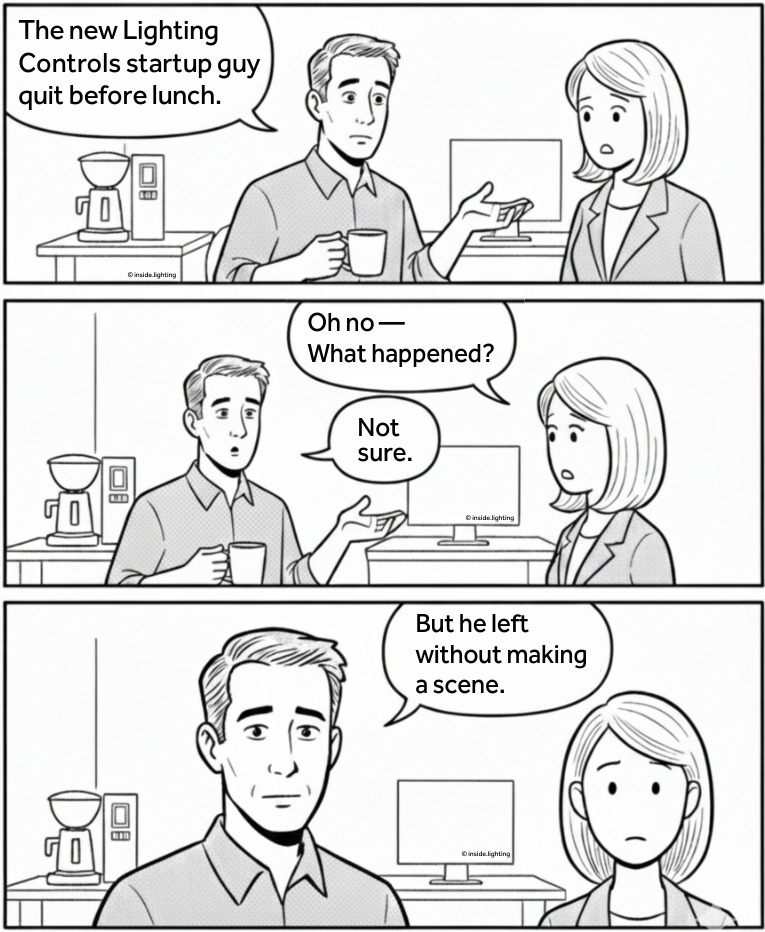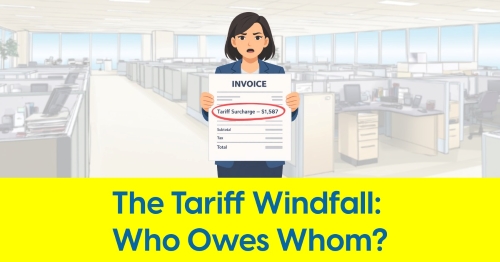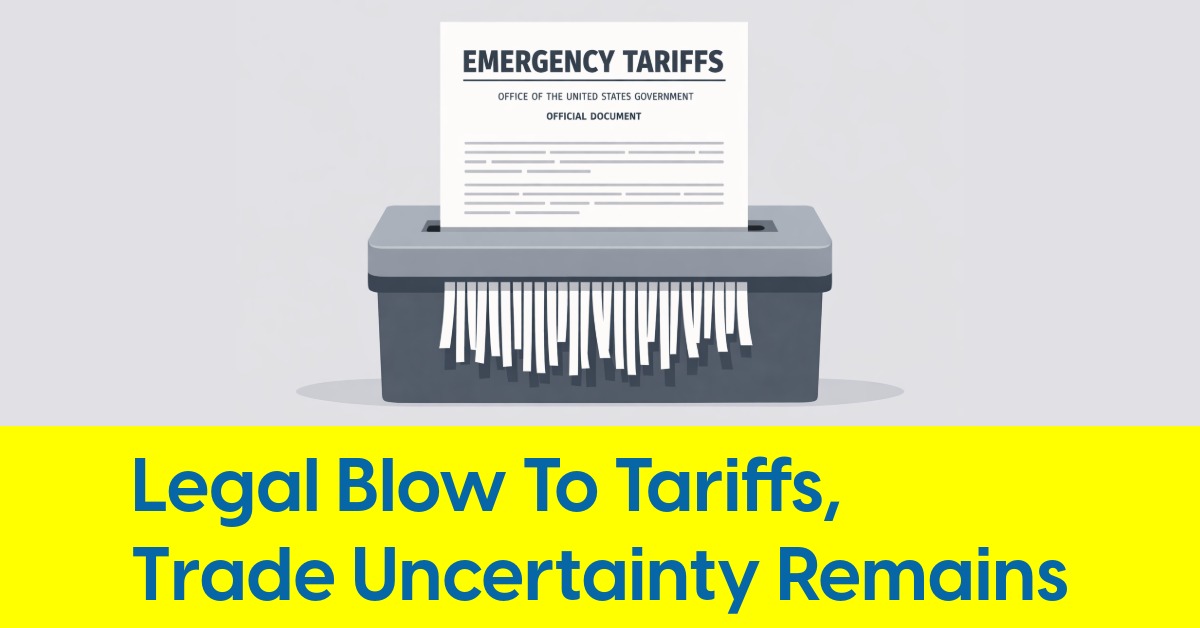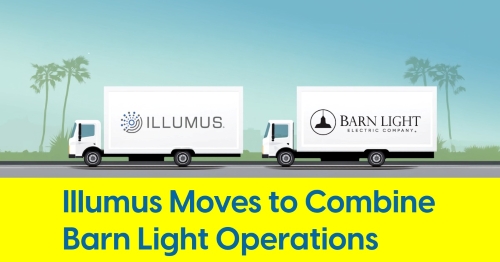July 1, 2025
ESCO Accused of Overcharging Government Settles for $9.6M

Navy and Department of Energy audits reveal recurring bid misrepresentations
A recent $9.6 million settlement between NORESCO and the U.S. Department of Justice offers an instructive look at how pricing practices, voluntary disclosures and federal oversight intersect in the world of long-term energy performance contracts.
NORESCO, a Massachusetts-based energy services company (ESCO) and a subsidiary of Carrier Global Corporation, resolved allegations related to certain cost modeling practices used in federal Energy Savings Performance Contracts (ESPCs). The settlement followed a multi-agency investigation but did not involve a lawsuit or admission of legal liability beyond what was outlined in the agreement. The company had already refunded $9.1 million to various federal agencies before the settlement was finalized. Another $479,000 remains to be paid, along with interest.
What Happened: Inflated Pricing and Financing Models
At the heart of the settlement: allegations that NORESCO misrepresented project costs in ways that led to overpayments from federal clients. Investigators from multiple agencies, including the VA and DOE Offices of Inspector General and the Naval Criminal Investigative Service, found issues with how NORESCO negotiated price proposals.
One instance involved the Navy rejecting certain contingency costs, only to find out later that NORESCO had quietly instructed its subs to tuck those very costs back into their bids — resulting in $372,501 in overpayments. In another, more systemic issue, NORESCO disclosed that its internal financing models overstated construction timelines and used higher-cost accounting assumptions. That approach led to what the company itself calculated as $5.6 million in potential overcharges across 29 federal task orders.
These aren’t minor spreadsheet errors. In the world of ESPCs, where costs are negotiated up front and paid down over decades, early misrepresentations cascade into long-term budgetary impacts.
A Different Kind of Resolution
What’s striking is how the matter ended — not with litigation, but through voluntary disclosure, extensive cooperation, and negotiated refunds. The DOJ credited NORESCO for conducting an internal review, reporting issues it uncovered (including some not yet on the government’s radar), and removing personnel tied to the pricing practices in question.
That last point is crucial. Accountability, in DOJ’s eyes, wasn’t just about writing a check. It was about structural remediation: NORESCO replaced the individuals involved and committed to compliance reforms. In exchange, the DOJ agreed not to pursue criminal charges or seek exclusion from federal contracting.
Despite the serious findings, this was not a debarment-worthy case. In fact, since the investigation began, NORESCO has continued to win new federal business — most recently in May 2025 — suggesting that procurement officers and contracting authorities still view the company as viable and trustworthy.
Some Noteworthy Lessons Learned
For firms working federal projects, this case highlights some practical risks. Contingency costs and financing assumptions — especially those baked into indicative subcontractor bids — can’t just be “ballparked” and buried. If they aren’t disclosed clearly, they can come back under a spotlight.
The settlement also reinforces that costs tied to legal work, internal investigations, or refunding the government are unallowable under FAR rules. NORESCO now has 90 days to scrub those from past invoices — a reminder that compliance reviews should be routine, not reactive.
Bigger picture: DOJ showed it’s more interested in cooperation than courtroom battles. NORESCO avoided suspension and kept winning contracts by being upfront, fixing problems, and showing it could still deliver. That’s a useful playbook.










